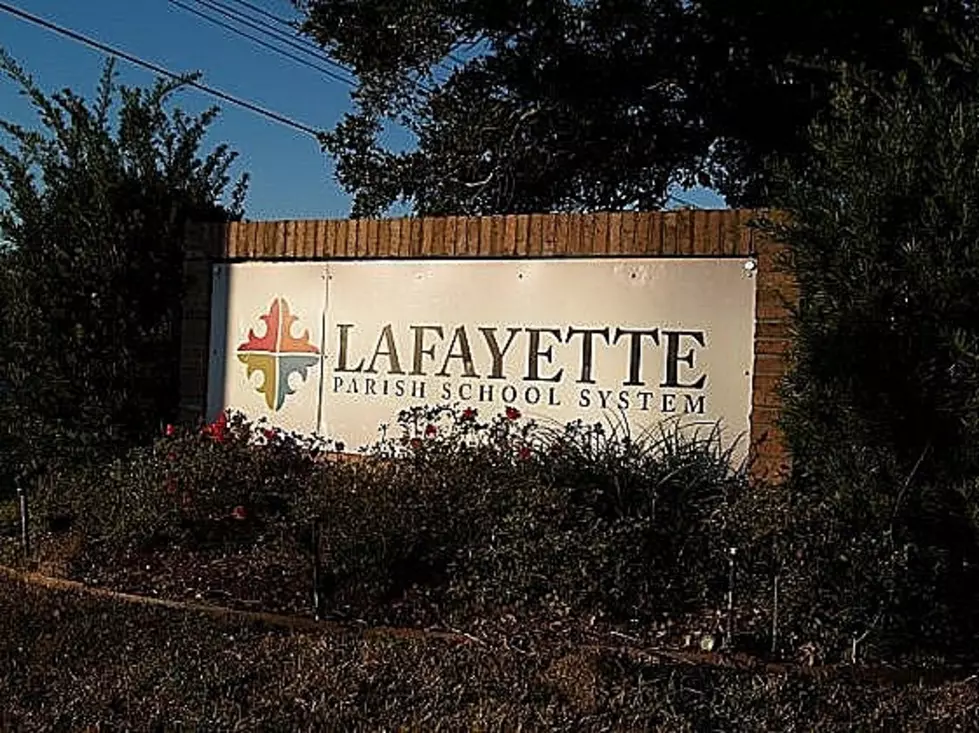
As new Louisiana college semester begins, student costs flat
BATON ROUGE, La. (AP) — Thousands of Louisiana's college students face a surprising change as they start courses this month and pay their registration bills: Their costs for attending class aren't rising.
For years, many students across Louisiana's public university campuses faced repeated tuition hikes, and more recently, regular fee increases.
But none of the state's four college systems has enacted such mandatory, system-wide increases for upcoming fall semester classes, which generally start between Aug. 14 and Aug. 26 around Louisiana.
"There's no appetite to increase fees," said Cami Geisman, spokeswoman for the University of Louisiana System, the state's largest university system.
Louisiana's public college systems currently don't have authority from lawmakers to raise tuition rates, but lawmakers gave them the ability to set and modify their fees within certain parameters through mid-2020.
Fees aren't covered by the TOPS tuition aid program, so students and their families must pay them out of pocket.
"We have no plans to increase fees at this time," said LSU spokesman Ernie Ballard.
The decision not to raise fees for the upcoming fall semester comes after Gov. John Bel Edwards and state lawmakers boosted state spending on higher education by $47 million in the $30 billion-plus state operating budget that started July 1. Nearly one-third of the increase ensures TOPS covers full tuition for all eligible students. More than $9 million will help campuses pay for some of their growing health and retirement costs.
Geisman said the UL System board didn't want to raise student charges because of the legislative efforts to increase higher education financing, but also because of concerns about the impact on students.
"The cost to the student has increased so much over the past decade, something's got to give," she said. "We can't just keep increasing fees and increasing fees."
During the previous school year, the LSU and Southern University systems enacted campus-wide fee hikes of up to 5 percent on their students, raising millions of dollars and costing students in some instances nearly $300 more a semester. The UL System followed up in the spring, boosting student charges for eight of its nine campuses.
The Louisiana Community and Technical College System hasn't done system-wide mandatory fee hikes for four years.
"Our board is adamant on that fact," said system spokesman Quintin Taylor.
Though fees aren't increasing system-wide, some program- or course-specific fees are growing on individual campuses, according to the college systems.
In defense of prior increased charges, college leaders point out campuses took deep and repeated state financing cuts over nearly a decade, and tuition and fee hikes didn't fully offset the slashing. They say while campuses are digging out from prior cuts, they're coping with mandated increases in health care, retirement, and insurance costs and competing to hold on to faculty.
At the LSU Board of Supervisors meeting in June, officials said while the governor and lawmakers increased spending on mandated increases, that only covers a portion of the growing costs. They also said the money doesn't address faculty salary levels that remain below peer institutions in other states.
"We are at about a 1990-01 (state) funding level," LSU System President F. King Alexander said. "We have about 8,000 more students than we did at that time."
Still, board Chairman James Williams suggested LSU needs to find ways to raise money without boosting fees: "We all want to be careful as good stewards of this university not to always seek those resources on the backs of the families who pay the costs."
More From News Talk 96.5 KPEL









